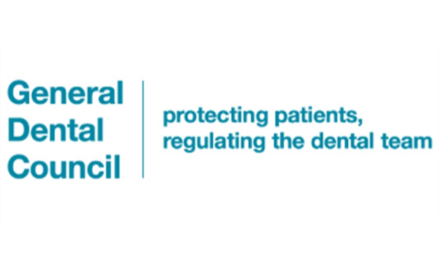Healthcare regulators can apply to extend orders, and healthcare professionals should exercise their right to challenge these applications? Fitness to practise defence barristers, Kings View Chambers, looks at Interim Orders, your rights and how you can respond when your regulator makes such an application.
Interim Orders – Brief Overview
Interim Orders temporarily suspend or restrict a medical practitioner’s practice while their case is being investigated. Interim order cases may include, for example, cases of serious lack of competence or poor clinical practice, serious convictions or imprisonment, and serious illness. Interim Orders are generally made at the beginning of the case process. Investigations will continue while an interim order is in place. However, interim orders can be made at any time throughout the process if needed. Interim Orders Tribunals (IOT) can impose the following orders:- Interim conditions of practice orders; or
- Interim suspension order.
Applications for Extensions
In circumstances where an interim order is ending and the fitness to practise investigation has not been concluded, a healthcare regulator can apply to the High Court or, the Court of Session in Scotland, to extend the interim order. The Court can extend the interim order for up to 12 months at a time. The Court also has the power to substitute an interim conditions of practice order for an interim suspension order or the other way around if necessary.‘Justify the prolongation of the suspension’
There is a well-developed body of case law on the issue of applications for interim order extensions. In the case of GMC v Hiew, considered the authority for the proposition of the matters to be taken into account on an application to the court for the continuation of a suspension order, it was commented that the court should carefully consider the facts of each case “to ascertain whether the allegations made against the medical practitioner, rather than their truth or falsity, justify the prolongation of the suspension” and that “in general, it need not look beyond the allegations.” In another recent case, GMC v M [2022] CSOH 25, the Court highlighted several important points regarding applications for extensions to interim orders:- The healthcare regulator must have evidence to advance in support of their application for an extension;
- The factual circumstances, on its merits, must be considered in relation to the correct legal test; and
- there must be clear evidence showing evaluation relating to the proportionality of any extension.
Right to Respond and Challenge
Healthcare professionals have a right to respond to applications for interim order extensions, although many do not. Courts considering interim order extension applications do take a careful approach to ensure the prolongation of the suspension or practice restrictions is necessary and proportionate. This approach includes a careful assessment of all the facts and information, including evidence and representation from the healthcare professional. In fact, in the case of GMC v Webberley [2021] EWHC 3620 (Admin), the court went so far as to say that the GMC had a “duty of candour” to bring before the Court:“not only the underlying factors that led to the proceedings against the doctor in the first place, but also material relied upon by the doctor in defence of that allegation, in particular where that material has been adduced before a Fitness to Practise Tribunal and should include reference to the fact that allegations have not been pursued…”Suspension orders or practice restrictions can have a negative impact on a healthcare professional’s reputation and current or future employment prospects. Healthcare professionals should therefore seriously consider their position and response to extension applications made by their regulator.







When considering an interim order /ISO, the panel is not making findings of fact nor making findings as to whether the allegations are or are not established. The problem with ISO is that it is a breach of HRA Article 6 & 8 and applying for an extension to prolong the breach is in my mind unlawful.
Refer to the case of Wright & Others -v -Secretary State for Health (2009). They succeeded as ISA used to automatically ban employees from working with the vulnerable for 12 months without a fair hearing after employer referrals were made.
The NMC needs to assess all employer referrals, as they tend to act more on employers than any other referral category. Some employers may submit vexatious allegations after the NMC registrants have raised public interest disclosures. The NMC needs to assess this annually and submit this in the FtP report.